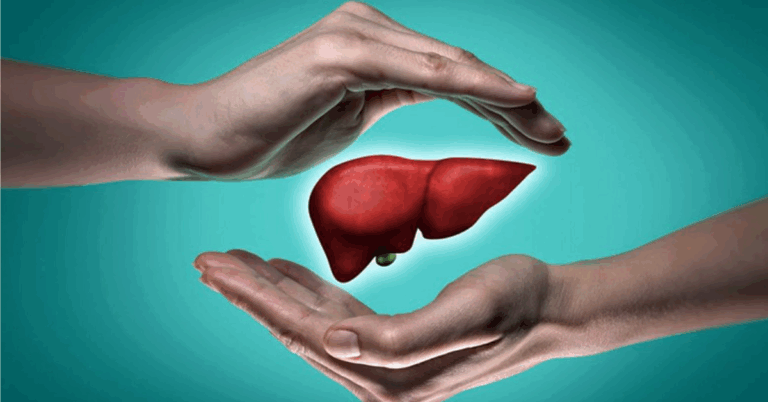Exploring the Connection Between Diet and Alzheimer’s Disease
Diet plays a crucial role in shaping cognitive health and overall brain function. The foods we consume directly impact our mental clarity, focus, attention span, and memory retention. Research suggests that a diet rich in fruits, vegetables, whole grains, and lean proteins can support optimal brain health and potentially reduce the risk of cognitive decline as we age. On the contrary, diets high in saturated fats, sugars, and processed foods have been linked to cognitive impairment and an increased likelihood of developing conditions like dementia and Alzheimer’s disease.
Furthermore, certain nutrients like omega-3 fatty acids, antioxidants, vitamins, and minerals are especially beneficial for brain health. Omega-3s, found in fatty fish like salmon and walnuts, are known to support brain cell structure and function, while antioxidants help combat oxidative stress and inflammation in the brain. Ensuring a well-rounded and nutritious diet that encompasses these key elements can be a proactive way to maintain cognitive health and support optimal brain function throughout life.
Understanding Alzheimer’s Disease
Alzheimer’s Disease is a progressive neurological disorder characterized by memory loss, cognitive decline, and behavioral changes. It is the most common form of dementia, affecting millions of people worldwide. The exact causes of Alzheimer’s Disease are not entirely understood, but researchers believe that a combination of genetic, environmental, and lifestyle factors play a role in its development.
One of the hallmarks of Alzheimer’s Disease is the accumulation of abnormal protein deposits in the brain, known as amyloid plaques and tau tangles. These deposits interfere with normal communication between brain cells and lead to cell damage and death. As the disease progresses, brain tissue shrinks and brain function deteriorates, eventually leading to severe impairment of memory, language, and reasoning skills. Early detection and intervention are crucial in managing the symptoms of Alzheimer’s Disease and improving the quality of life for affected individuals.
Impact of Nutrition on Brain Function
Nutrition plays a vital role in maintaining optimal brain function. The food we consume provides essential nutrients that are crucial for cognitive processes such as memory, focus, and problem-solving skills. A diet rich in antioxidants, omega-3 fatty acids, vitamins, and minerals can help protect brain cells from damage and improve neurotransmitter function, ultimately enhancing overall brain health.
On the other hand, a poor diet high in saturated fats, sugars, and processed foods can have a detrimental impact on brain function. Research has shown that such a diet may contribute to inflammation in the brain, oxidative stress, and impaired synaptic plasticity. These factors can negatively affect cognitive abilities and increase the risk of developing neurodegenerative diseases such as Alzheimer’s and dementia. Choosing nutritious foods and maintaining a balanced diet is key to supporting optimal brain function and promoting long-term cognitive health.
How does diet affect brain function?
Diet plays a crucial role in brain function as it provides the necessary nutrients for optimal cognitive health. Certain nutrients, such as omega-3 fatty acids and antioxidants, have been shown to support brain function and protect against cognitive decline.
Can poor nutrition impact cognitive health?
Yes, poor nutrition can have a negative impact on cognitive health. A diet lacking essential nutrients can impair cognitive function and increase the risk of developing neurodegenerative diseases such as Alzheimer’s.
How does Alzheimer’s disease relate to nutrition?
Alzheimer’s disease is a neurodegenerative condition that is influenced by a combination of genetic, environmental, and lifestyle factors, including nutrition. Research suggests that a healthy diet rich in antioxidants, omega-3 fatty acids, and other brain-boosting nutrients may help reduce the risk of developing Alzheimer’s disease.
What are some foods that can improve brain function?
Foods such as fatty fish (rich in omega-3 fatty acids), berries (loaded with antioxidants), nuts and seeds (high in vitamins and minerals), and leafy greens (packed with nutrients) are known to support brain health and improve cognitive function. Incorporating these foods into your diet can help enhance brain function.







